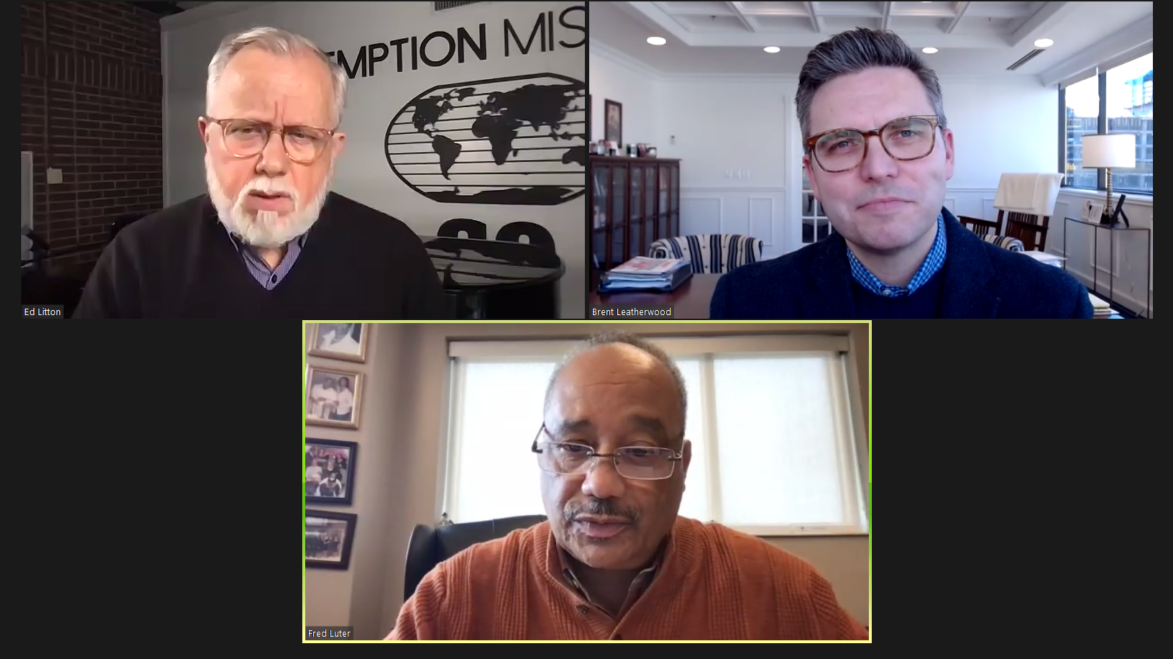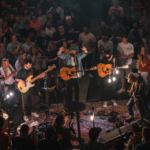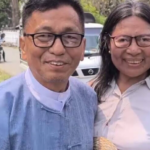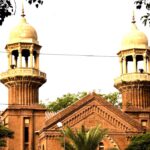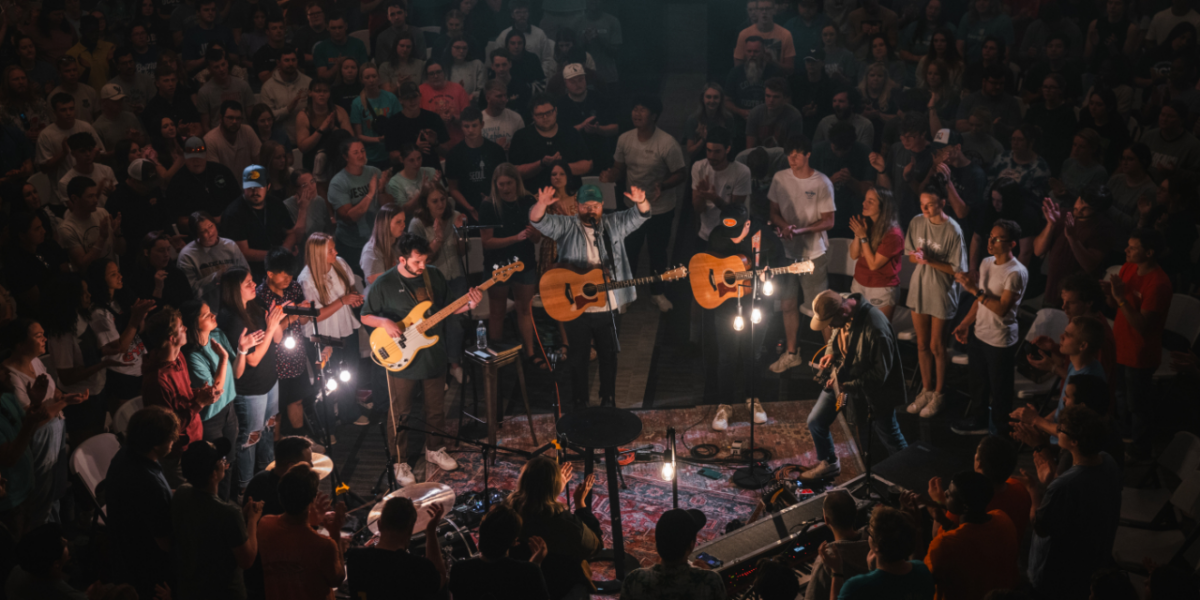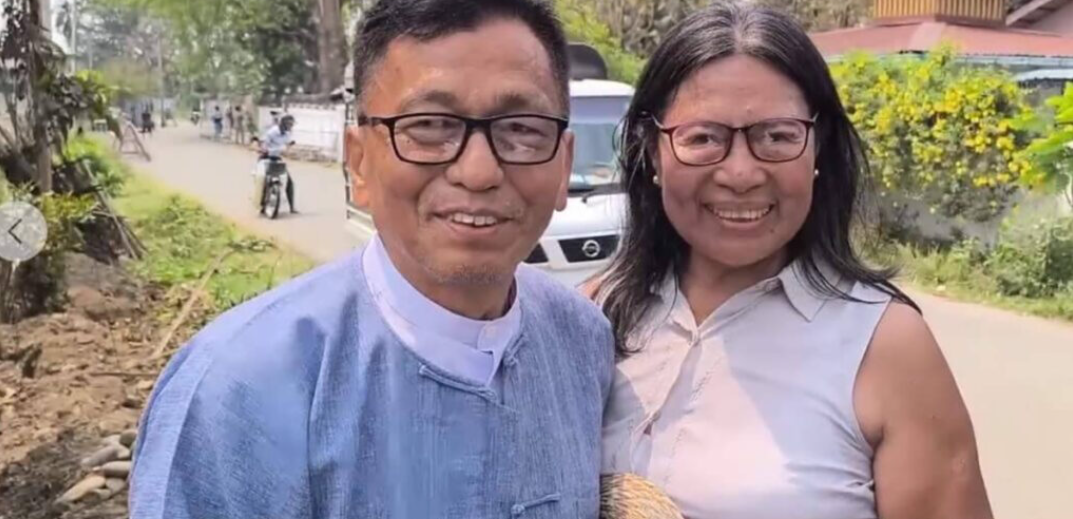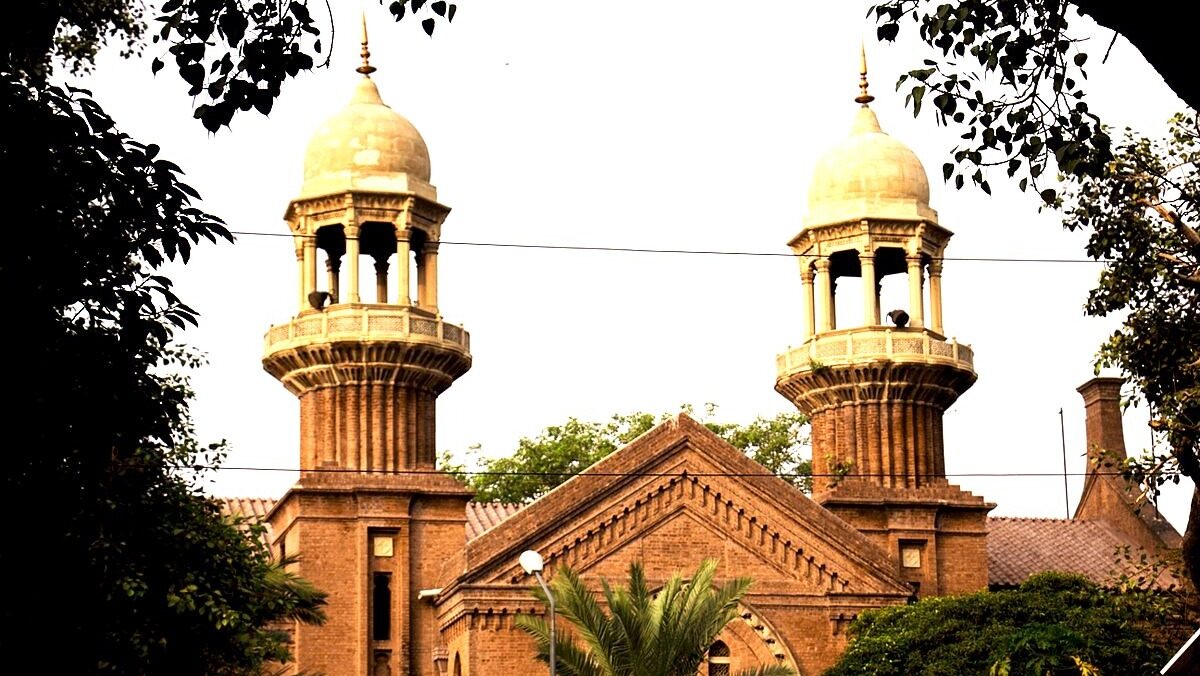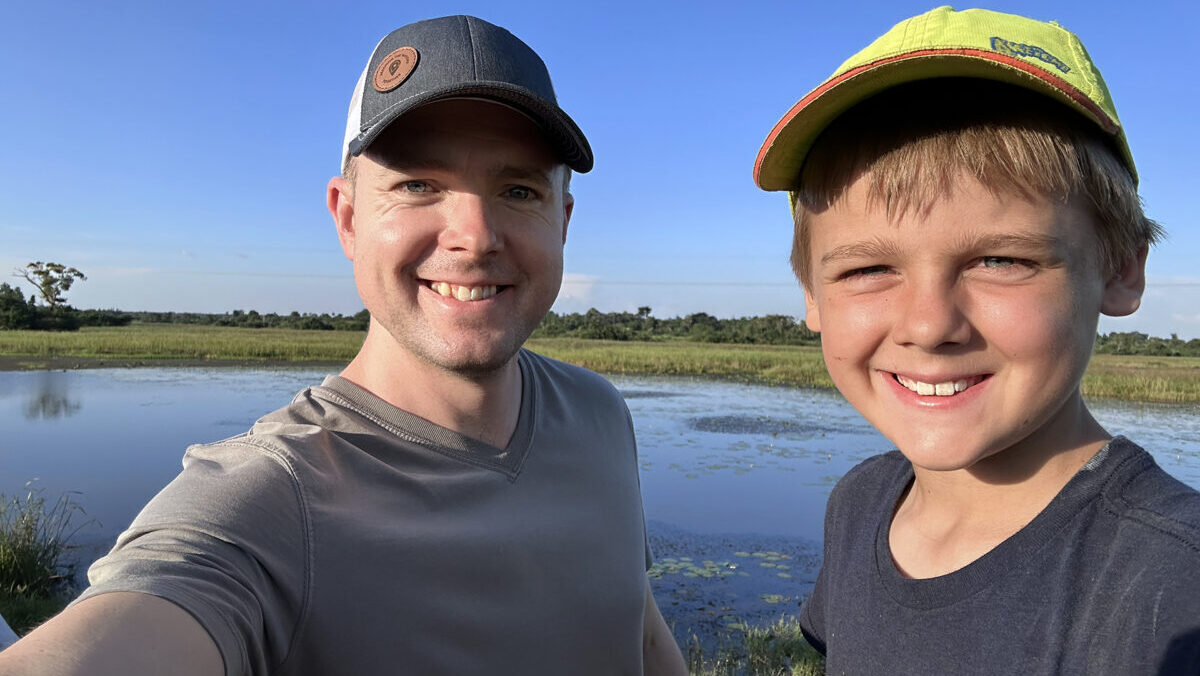In order to achieve “authentic” racial unity across the Southern Baptist Convention, pastors need to be willing to have honest — and sometimes difficult — conversations, urged pastors Fred Luter and Ed Litton on Thursday (Feb. 9) during a webcast hosted by the Ethics & Religious Liberty Commission.
The two former SBC presidents joined Brent Leatherwood, ERLC president, for a conversation about the Unify Project, a grassroots effort to help equip and mobilize Southern Baptist pastors to bring racial unity to their communities. On Feb. 22, the project will launch 40 days of prayer for racial reconciliation.
Luter, pastor of Franklin Avenue Baptist Church in New Orleans, said he hopes the effort will “help pastors be the heroes in their community” and help them lead their communities to build lasting friendships across racial lines.
“We would hope to bring authentic racial unity in the SBC,” said Luter, who noted racial tension is “alive and well” in our communities and the Church. “Notice I said authentic [racial unity]. A lot of us put on the airs and the smiles, but hopefully this would be something that brings authentic racial unity in the Southern Baptist Convention.”
The effort was announced during the 2022 SBC Annual Meeting in Anaheim by Luter, Litton and Dallas-area pastor Tony Evans, who co-founded The Urban Alternative ministry in 1981.
Litton, pastor of Redemption Church, Saraland, Alabama, described the project as a “redemptive” effort to not only bring needed change in communities but to also continue moving the SBC forward from a past that includes slavery and racism.
“We have a difficult past,” Litton noted. “And I think it brings glory to God when the world sees the visible union of people who have been changed by the gospel of Jesus Christ.”
First things first
For those considering becoming involved in the project, Litton said prayer is “the best place to start.”
“When you pray about something, you’ll be amazed at how God opens doors of opportunity,” he said, “so [40 days of prayer] is where we’re going to start.” Both Luter and Litton also pointed to the website for more information and resources.
The key to the effort is to involve all Southern Baptists, said Luter, acknowledging that the racial tensions in today’s world are not just a “black and white” issue.
Overcoming racial tensions involves “African Americans, Anglos, Hispanics, Asians, all of us who make up the Southern Baptist Convention” being willing to partner together, Luter said.
Difficult steps
“We must be intentional with doing all we can to involve all races that make up this convention — to work together as one,” Luter said. “That’s the only way it’s going to happen.” Examples of how to build better relationships include efforts like having coffee and dinner together and being willing to invite a pastor of another ethnicity to speak at your church.
Luter, who once was uninvited to speak at a church because of his race, knows that this can be a difficult step for some pastors and churches. He noted, “If racial reconciliation is going to happen in a community. It’s got to start with relationships. … It all starts with a relationship.”
And progress is already happening, Litton said. He pointed to a Lifeway Research study that reported nearly half of American churchgoers want to see more racial diversity in their church.
“We see encouraging signs,” said Litton, noting that more African Americans like SBC Executive Committee interim president Willie McLaurin are taking on roles of leadership throughout the SBC. “It’s happening around the convention. [The Baptist State Convention of North Carolina] has a brand new president who is African American. It is happening.”
Litton added, “The goal isn’t so much to change the culture, the goal is to keep people focused on the gospel. … I’ve had a lot of conversations and all of them have come back to the gospel.”
For more information, go to theunifyproject.org.

